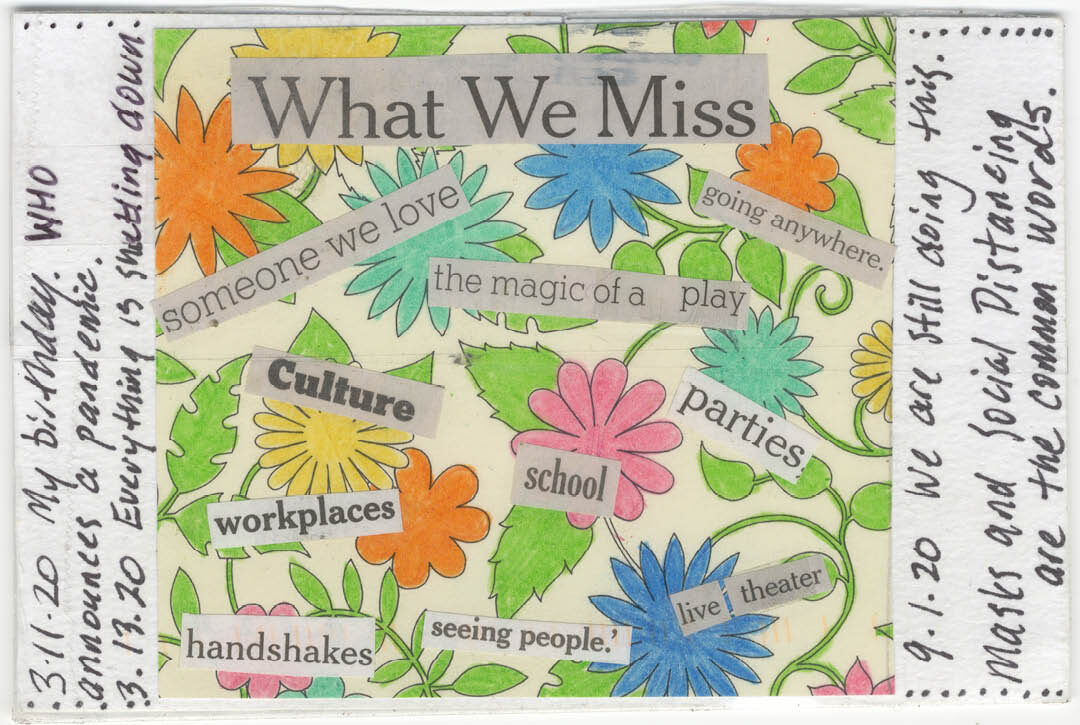Recall, reflect, reboot
Journalists tend to favor anniversaries. We can’t help ourselves. It’s such a handy peg on which to hang a story.
But as my colleague at Michigan Medicine Kara Gavin recently wrote: “The two-year anniversary of the COVID-19 pandemic came and went without much fanfare, thanks to a lull in cases and deaths, and the start of a war in Ukraine that has grabbed the world’s attention.”

A children’s drawing on the wall of a cafe in Ukraine thanking the soldiers who defended the country for their service. (Image credit: Greta Uehling.)
Ironically, it’s the horrific tragedy in Ukraine that has medical historians at U-M thinking about COVID-19 in a new light, and Gavin asked them about it in the recent piece “History doesn’t repeat, but it rhymes.”
She spoke to Howard Markel MD/PhD, director of the University of Michigan Medical School’s Center for the History of Medicine, and Alexander Navarro, PhD, the center’s assistant director. They led an exhaustive study of the 1918 influenza pandemic, and looked back on the parallels, and differences, in how the nation responded to both massive infectious threats.
Navarro pointed out one of the key lessons of the 1918 experience: “We learned that good public health policy makes for better public health outcomes,” he told Gavin. “The lesson from our COVID-19 experience is that a divided nation can make good public health policy very difficult to implement and maintain. As the world grapples with climate change and as the global population increases, we will likely see a rise in the number of zoonotic spillover events. Any one of these could easily become the next pandemic. Are we prepared for that?”
War zone
Sadly, the Russian invasion of Ukraine complicates the equation and delivers yet another ugly parallel to the 1918-19 pandemic: the potential of war to exacerbate the spread of disease. Between the movement of troops and the rapid displacement of civilians from conflict zones, the events in Ukraine and surrounding countries since late February could fan the flames of the pandemic, according to Gavin’s piece. Markel wrote about this topic in a recent column for PBS Newshour.
“No one has any real idea of how the virus may be spreading now,” Markel told Gavin, noting that data from just before the Russian invasion began showed that case rates and hospitalizations were already high, and vaccination rates low, in both countries. Then, as now, “it is safe to say that no one wins if the conflict helps spread the coronavirus.”
Happy anniversary.
(Lead image can be seen in the slideshow Mail in the Time of COVID.)



